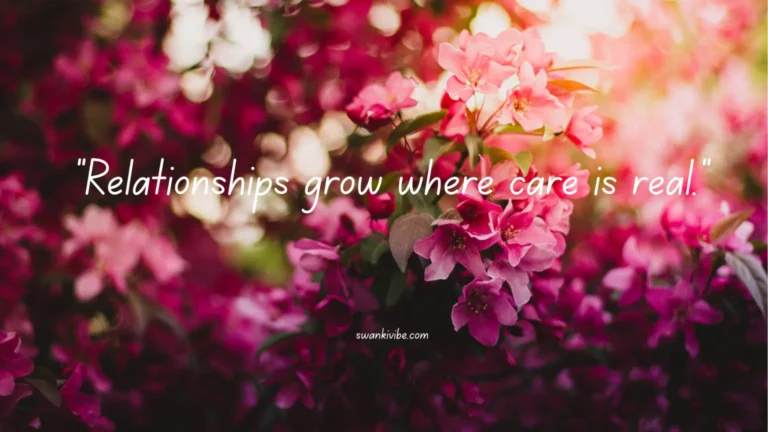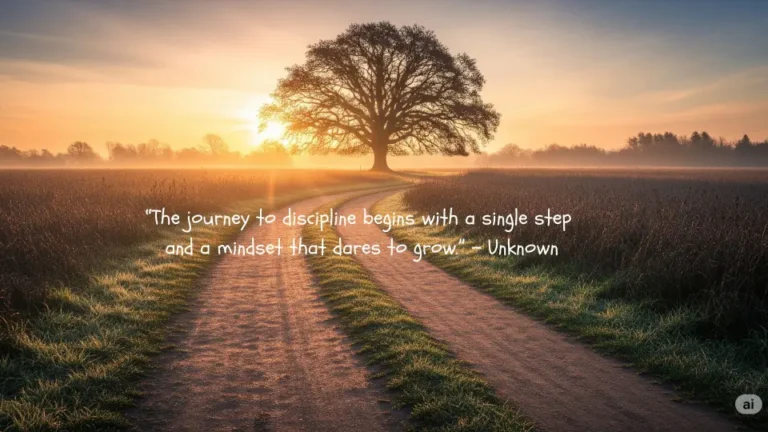How To Stop Being So Judgmental Of Yourself – 10+ Proven Ways to Heal Your Inner Critic
Why We’re So Hard on Ourselves (And Why It Has to Stop)
Most of us judge ourselves harshly because we think it will make us better. But it usually does the opposite.
When we constantly find faults in ourselves, it leads to sadness, stress, and low confidence. It becomes hard to feel proud or happy.
Science supports this. A study by UCLA shows that people who are kind to themselves feel less anxious and depressed.
Self-judgment creates fear. But self-kindness builds strength.
You don’t need to be perfect to be worthy. You just need to show yourself some care and understanding.
You’re doing the best you can—and that’s enough.

Use This Guide To Help You Be Less Judgmental of You
Changing the way you speak to yourself takes time. This guide will help you do it step by step.
You don’t have to do everything today. Just start with one small change. Maybe recognize a thought. Or take a deep breath instead of blaming yourself.
Every part of you deserves kindness—even the parts you’re still working on.
These 10 steps are tools, not rules. Use them when you’re feeling stuck, lost, or just tired of being your own worst critic.
You don’t need to be fixed. You just need to be supported—by you.

1. Recognize and Acknowledge Self-Judgment
The first step is to notice when you’re judging yourself.
Most of the time, it happens automatically. Maybe after a mistake. Or when something doesn’t go your way.
Start observing your inner voice. Is it kind? Or harsh?
Try saying to yourself, “That was a critical thought.” Just noticing it is powerful.
Keep a notebook or use your phone to jot down these moments. Over time, patterns will appear.
When you see those patterns, you’ll learn how to respond more gently.
Awareness gives you control.

2. Practice Self-Compassion
Self-compassion means treating yourself the way you’d treat someone you love.
If your friend made a mistake, would you call them stupid? Or would you say, “It’s okay. You’re human”?
Start saying those words to yourself.
Dr. Kristin Neff found that self-compassion helps people feel calmer, stronger, and more motivated.
Instead of, “I’m such a failure,” say, “I’m learning. Everyone makes mistakes.”
Practice this in the mirror. Or write a kind letter to yourself. Speak softly. Smile gently.
You deserve your own kindness more than anyone.

3. Challenge Negative Thoughts
Your thoughts are not always true. Especially when they’re negative.
When you hear yourself say, “I’m not good enough,” pause. Ask: “Is that really true?”
Look for facts, not feelings. What would someone who loves you say?
You don’t have to fight every bad thought. Just question it.
Try replacing it with something more balanced. Instead of, “I can’t do anything right,” say, “I had a rough moment, but I can try again.”
Little by little, these shifts help build confidence.

4. Set Realistic Expectations
Trying to be perfect will always leave you feeling like a failure.
You’re human. That means mistakes are part of life.
Set goals that are clear and doable. Don’t expect yourself to always be strong, fast, or flawless.
The American Psychological Association says perfectionism often leads to burnout and sadness.
You don’t need to “do it all” to be worthy.
Celebrate small wins. Allow space for rest.
Aim for progress—not perfection.

5. Focus on Your Strengths
When you always focus on your flaws, you forget what makes you great.
Each day, take 5 minutes to think of something you did well.
Did you listen with kindness? Did you try again after falling short?
Write down three small wins. These could be anything that made you proud.
This helps shift your brain from criticism to confidence.
Everyone has strengths. But you need to remind yourself of yours.
Let your victories guide your view—not your mistakes.

6. Mindfulness and Meditation
Mindfulness is the art of noticing without judging.
Sit in silence for a few minutes. Feel your breath. Let your thoughts come and go.
When a negative thought shows up, say, “Hello thought,” and let it pass.
You don’t have to believe it or fight it. Just breathe.
Harvard research shows mindfulness helps reduce stress and boosts mental clarity.
It teaches you to be in the now—not stuck in regret or worry.
Start with one minute a day. Add more as you feel ready.

7. Seek Support
You don’t have to face self-judgment alone.
Sometimes, just talking to someone lifts a heavy burden. It could be a friend, therapist, or even an online support group.
They can help you see things you can’t see yourself.
They remind you that you’re not the only one who struggles.
Asking for help isn’t weak. It’s wise.
If your inner critic feels too loud, let someone help you quiet it.
Healing happens faster in safe connection.

8. Embrace Imperfection
Imperfection is not failure. It’s proof that you’re trying, learning, and growing.
When you drop the need to “be perfect,” you feel lighter.
Even the most successful people mess up. What makes them great is that they keep going.
Stop waiting to fix everything about yourself before you’re allowed to feel proud.
Love the messy parts. They are part of your real story.
You don’t need to be perfect. Just real.

9. Engage in Self-Care
Taking care of your body and mind helps quiet that harsh voice inside.
Eat meals that nourish you. Drink water. Get some sunlight. Rest.
Light a candle. Take a slow walk. Stretch. Journal.
Self-care isn’t a reward for hard work. It’s the foundation of it.
When you treat yourself with care, your mind starts to follow.
You’re allowed to feel good—even before you achieve anything.

10. Practice Gratitude
Gratitude helps you notice what’s working, not just what’s missing.
Start or end each day by listing three things you’re thankful for.
They can be big (like your health) or small (like your morning coffee).
Research from Berkeley shows gratitude improves mood, sleep, and emotional strength.
It shifts your focus from “not enough” to “I have enough.”
Gratitude softens the voice that says you’re failing.
It helps you feel joy—even in the middle of growth.

Avoid These Traps That Fuel Self-Judgment
Be careful of quiet habits that feed your inner critic:
- Scrolling social media and comparing yourself
- Apologizing when you did nothing wrong
- Expecting every day to be productive
- Believing you’re only as good as your last success
These things may feel small, but they build up fast.
Start noticing when you fall into these patterns.
Replace them with self-check-ins, rest, and reminders that you’re enough—even when you’re not perfect.
Bonus Tip – Turn Self-Judgment Into Growth
That voice inside you isn’t all bad. Sometimes, it’s trying to protect you.
Instead of pushing it away, ask: “What is this trying to teach me?”
Turn judgment into curiosity.
Maybe you’re judging yourself because you want to do better. That’s okay.
Just don’t let it become shame.
Let every “I messed up” become “Here’s what I learned.”
This is how growth happens—with honesty, not hate.
Final Thoughts
You are not broken. You are becoming.
Every time you show yourself compassion, you’re building a better life.
Judging yourself less doesn’t mean you stop growing—it means you grow in peace, not pain.
Speak kindly to yourself. Rest when you need to. Believe in your worth.
You are enough. Right now. Just as you are.
References:
- UCLA Mindful Awareness Research Center – Self-compassion and mindfulness stats
- Dr. Kristin Neff – Self-Compassion.org – Research on benefits of self-kindness
- Harvard Health – Mindfulness mental health benefits
- Greater Good Science Center – Gratitude benefits and research
- American Psychological Association – Perfectionism and mental health
“If you found this blog helpful, you’ll also enjoy our other b;ogs– it’s written to support your journey even further.”
7 Quiet Habits That Instantly Make You Feel More Confident and Attractive
15 Daily Gratitude Habits to Transform Your Life
“Dull Skin. Low Energy. Bad Mood. This Daily Routine Transforms Everything”






